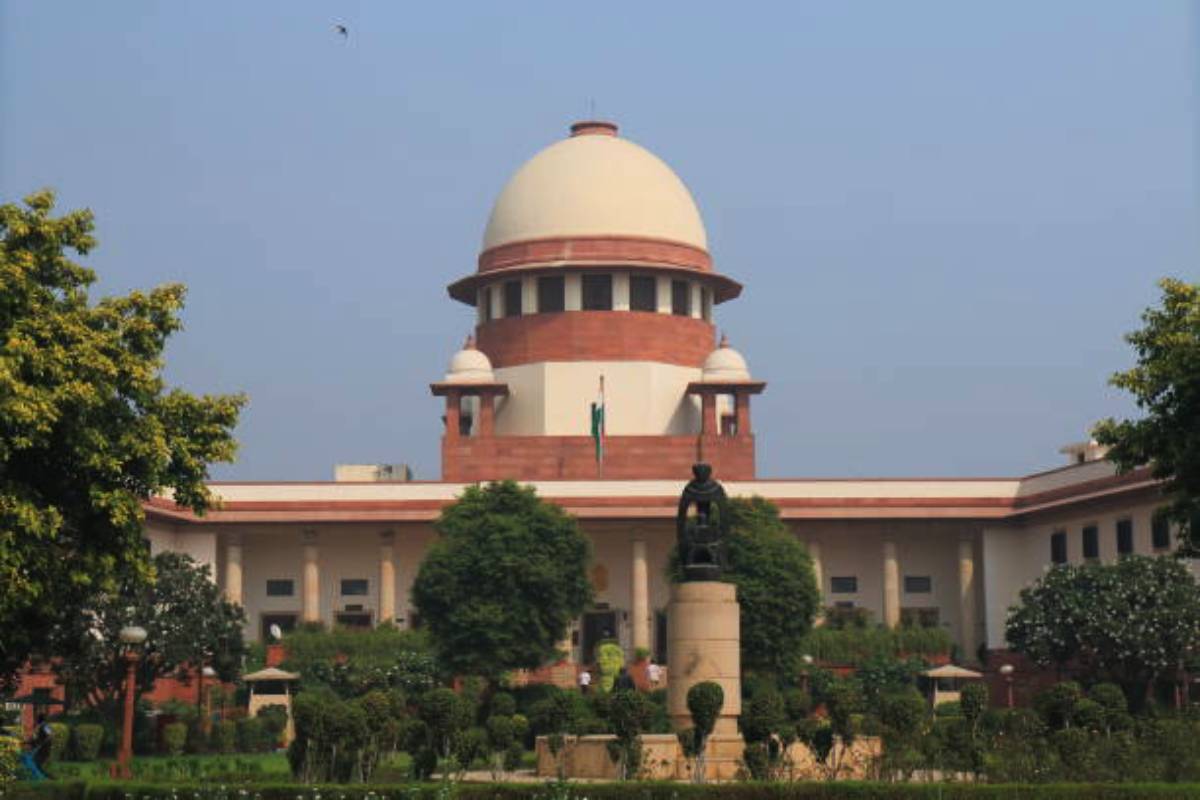The Supreme Court on Wednesday referred to a seven-judge constitution to revisit its 1998 judgment in then Prime Minister P V Narasimha Rao case on whether a member of Parliament or a state legislature can claim immunity from prosecution for accepting money for making a speech or exercising vote in a particular manner in the House.
Describing it as an important issue having a significant bearing on the morality of polity, a five-judge constitution bench comprising Chief Justice D.Y. Chandrachud, Justice A.S. Bopanna, Justice M.M. Sundresh, Justice J.B. Pardiwala, and Justice Manoj Misra said, “We are of the considered view that the correctness of PV Narasimha Rao shall be reconsidered by a 7-judge bench.”
Advertisement
The issue is rooted in the 1993 no-confidence motion against then Prime Minister late Narasimha Rao in which members of Lok Sabha belonging to Jharkhand Mukti Morch (JMM) had accepted money for voting against the motion.
Referring the matter to a larger bench, the court said that the purpose of Article 105(2) and Article 194(2) is to ensure that members of parliament and of state legislatures are able to discharge duties in an atmosphere of freedom without fear of the consequences.
Article 105 (2) of the contrition says that “No member of Parliament shall be liable to any proceedings in any court in respect of anything said or any vote given by him in Parliament or any committee thereof, and no person shall be so liable in respect of the publication by or under the authority of either House of Parliament of any report, paper, votes or proceedings.”
Similarly, Article 194(2) also provides for immunity to members of State legislatures – MLAs – for anything said or any vote given by him in the Legislature or any committee thereof.
The reference to a larger bench came in the course of the hearing of a plea by y politician Sita Soren seeking the quashing of criminal prosecution against her on the grounds of immunity under
Article 194(2) of the Constitution.
The allegation against Sita Soren is that she had allegedly accepted a bribe to vote in favour of a particular candidate in the Rajya Sabha election that was held in 2012 in Jharkhand.
On March 7, 2019, a three-judge bench referred the matter to a larger bench to consider the issue in view of the wide ramifications of the question that has arisen.
The court had then observed that the doubts raised and the issue being a matter of substantial public importance, the matter required to be considered by a larger Bench.









